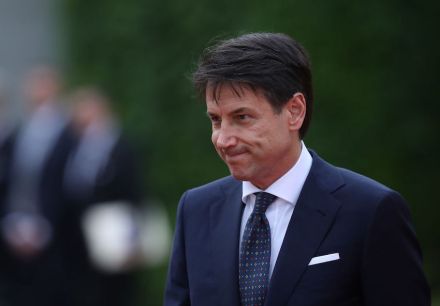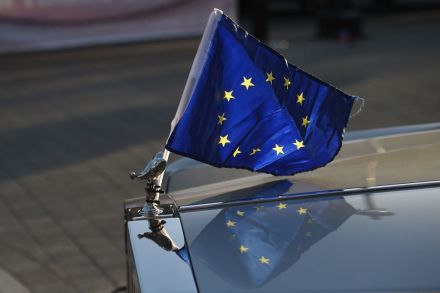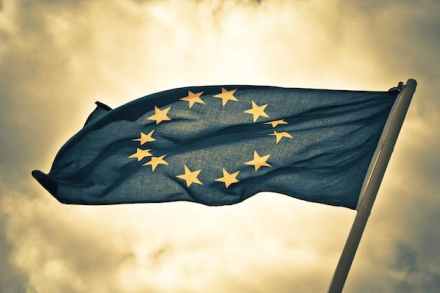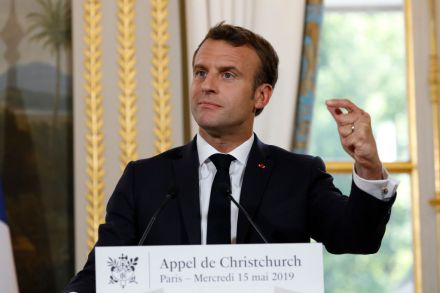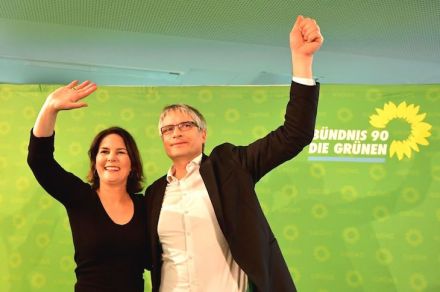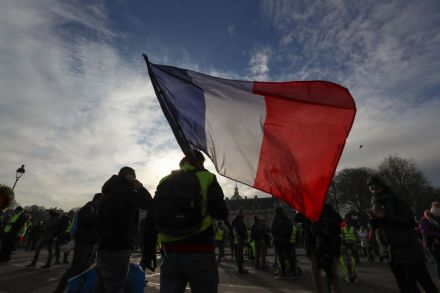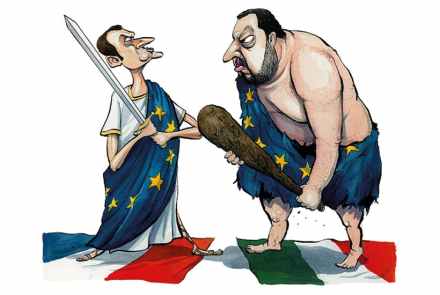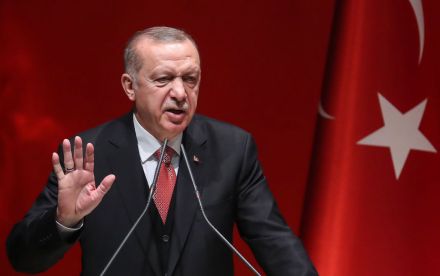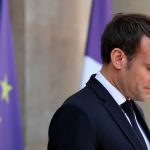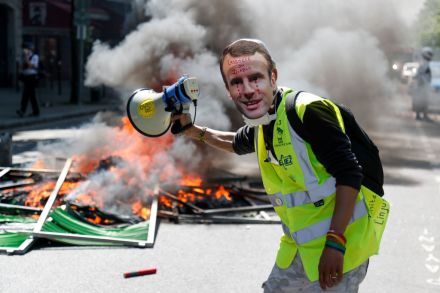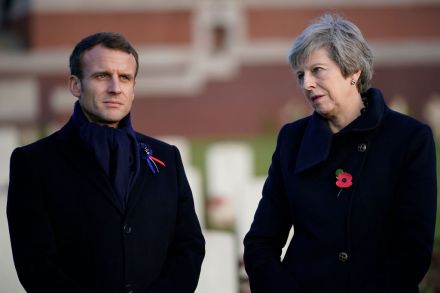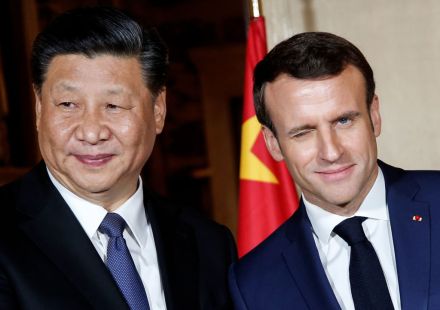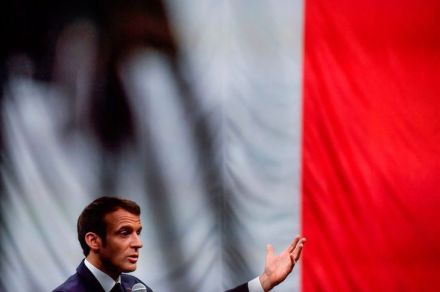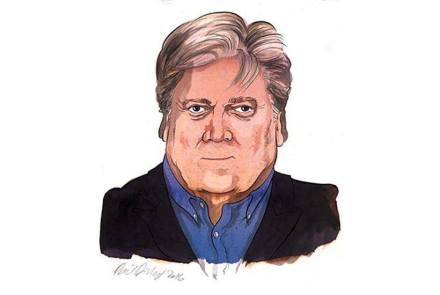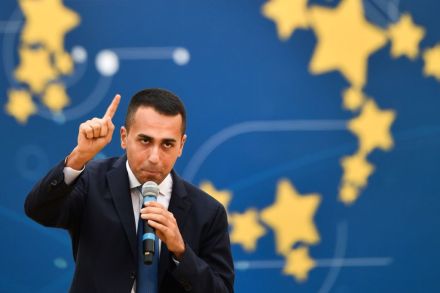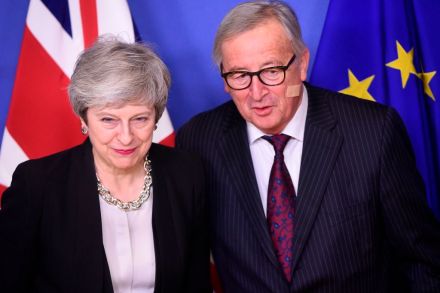Will Italy’s new coalition last?
Italian politics is like a game of musical chairs. One government resigns or collapses, another takes its place, until that government is either rendered irrelevant a year later or voted out during the next election. Italy has had 68 governments in the last 74 years and 10 prime ministers in the last 20. Italians will get another prime minister sworn in relatively soon, and the new one is the same as the old. Guissspe Conte, a quiet law professor only 15 months ago, will stay on as Italy’s premier after surviving an attempt by his hardline interior minister Matteo Salvini to force an early election. Salvini’s desire for power, propelled by
